America's 2018 elections are still vulnerable to Russia's meddling, after 4 years of false starts, stalemates
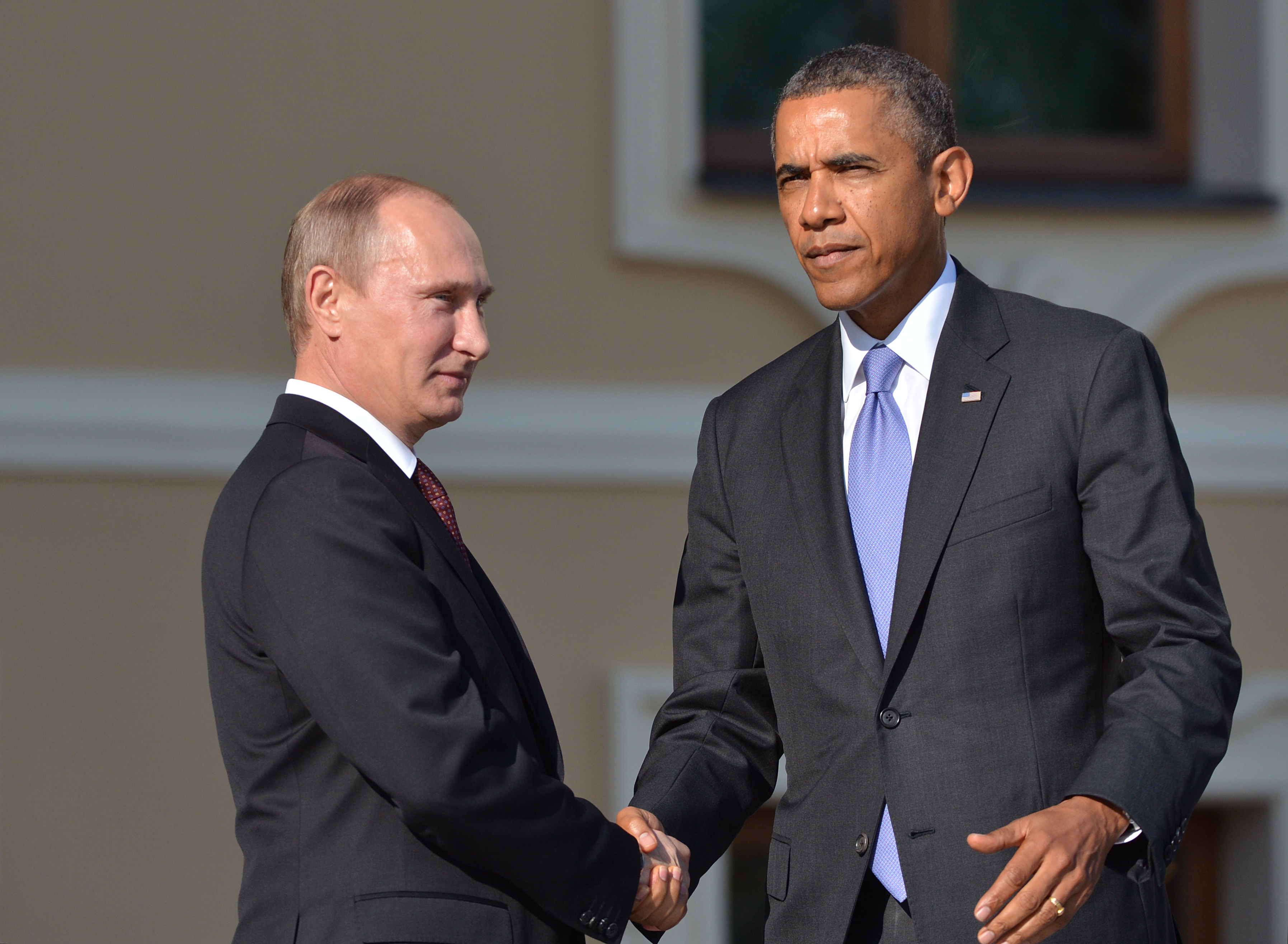

In early 2014, U.S. officials intercepted a classified document drafted by Russia's GRU military intelligence branch that laid out how Moscow used fake online personas and social media to spread disinformation to further its military and strategic goals, giving "the Americans their first glimpse of the power of Russia's post-Cold War playbook," The Washington Post reports. When the Russian threat came into focus in 2016, Obama officials "scrambled to draw up options to fight back," the Post says, but "in the end, big plans died of internal disagreement, a fear of making matters worse, or a misguided belief in the resilience of American society and its democratic institutions."
Late last year, President Barack Obama signed a sweeping presidential cyberthreat order, prompting U.S. spy agencies to draw up some specific operations to fight Russian disinformation, The Washington Post reports. Some key Trump security advisers took the warnings from their Obama counterparts seriously, the Post says, but a year later, "the Trump White House remains divided over whether to act," with President Trump among those who "play down the effects of Russian interference and complain that the U.S. intelligence report on the 2016 election has been weaponized by Democrats seeking to undermine Trump."
This continued indecision leaves the 2018 and 2020 elections vulnerable to Russian disinformation prowess, but the problem dates back at least 25 years, the Post reports:
Subscribe to The Week
Escape your echo chamber. Get the facts behind the news, plus analysis from multiple perspectives.

Sign up for The Week's Free Newsletters
From our morning news briefing to a weekly Good News Newsletter, get the best of The Week delivered directly to your inbox.
From our morning news briefing to a weekly Good News Newsletter, get the best of The Week delivered directly to your inbox.
The miscalculations and bureaucratic inertia that left the United States vulnerable to Russia's interference in the 2016 presidential election trace back to decisions made at the end of the Cold War, when senior policymakers assumed Moscow would be a partner and largely pulled the United States out of information warfare. When relations soured, officials dismissed Russia as a "third-rate regional power" that would limit its meddling to the fledgling democracies on its periphery. [The Washington Post]
You can read more about plans discarded under Obama and what's going on at the Trump White House at The Washington Post.
A free daily email with the biggest news stories of the day – and the best features from TheWeek.com
Peter has worked as a news and culture writer and editor at The Week since the site's launch in 2008. He covers politics, world affairs, religion and cultural currents. His journalism career began as a copy editor at a financial newswire and has included editorial positions at The New York Times Magazine, Facts on File, and Oregon State University.
-
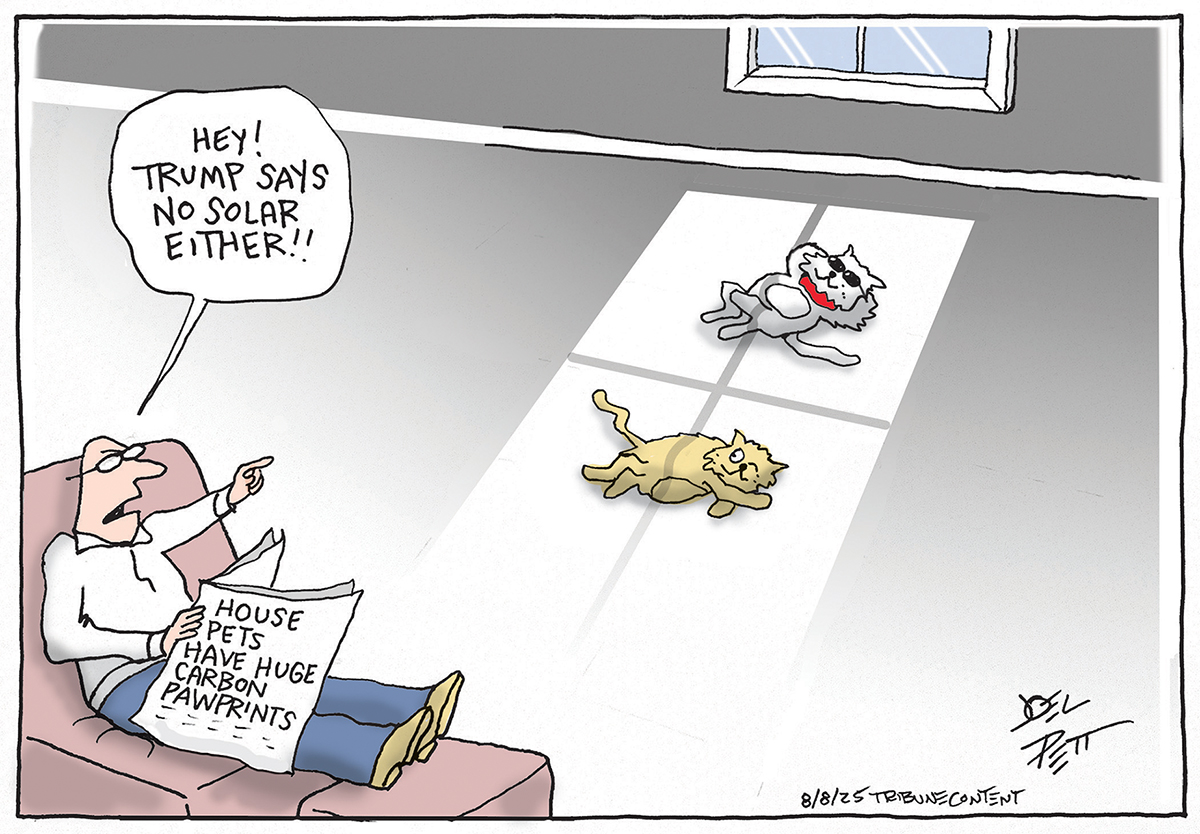 Aug. 11 editorial cartoons
Aug. 11 editorial cartoonsCartoons Monday’s political cartoons include solar power shunned by Donald Trump, Vladimir Putin's appetite for Ukraine, and another distraction from the Epstein files
-
 Celebrating Cézanne in Aix-en-Provence
Celebrating Cézanne in Aix-en-ProvenceThe Week Recommends The beautiful city is paying tribute to its most famous son with a series of cultural events
-
 Crossword: August 11, 2025
Crossword: August 11, 2025The Week's daily crossword
-
 Trump officials reinstating 2 Confederate monuments
Trump officials reinstating 2 Confederate monumentsSpeed Read The administration has plans to 'restore Confederate names and symbols' discarded in the wake of George Floyd's 2020 murder
-
 Trump nominates Powell critic for vacant Fed seat
Trump nominates Powell critic for vacant Fed seatspeed read Stephen Miran, the chair of Trump's Council of Economic Advisers and a fellow critic of Fed chair Jerome Powell, has been nominated to fill a seat on the Federal Reserve Board of Governors
-
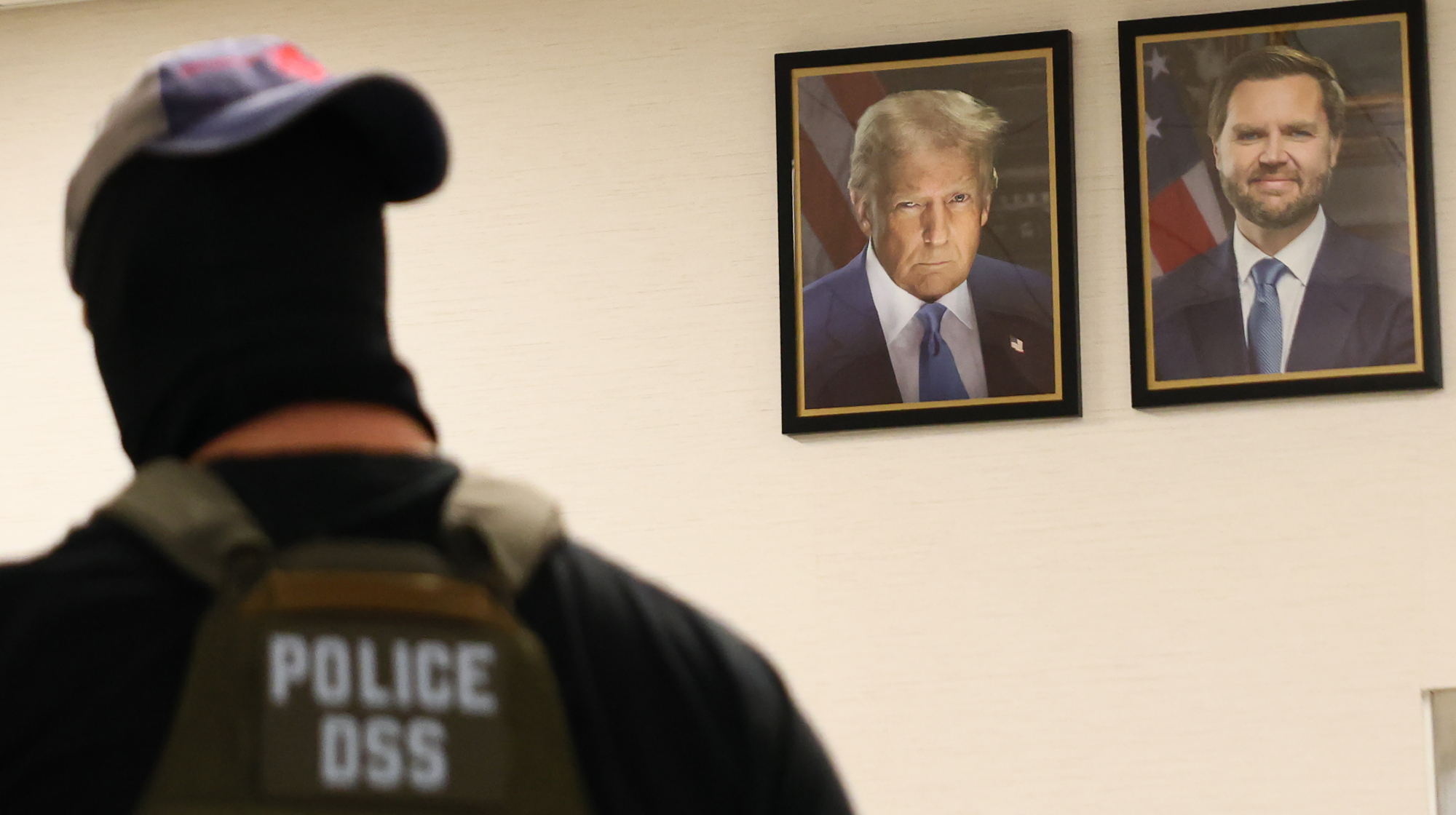 ICE scraps age limits amid hiring push
ICE scraps age limits amid hiring pushSpeed Read Anyone 18 or older can now apply to be an ICE agent
-
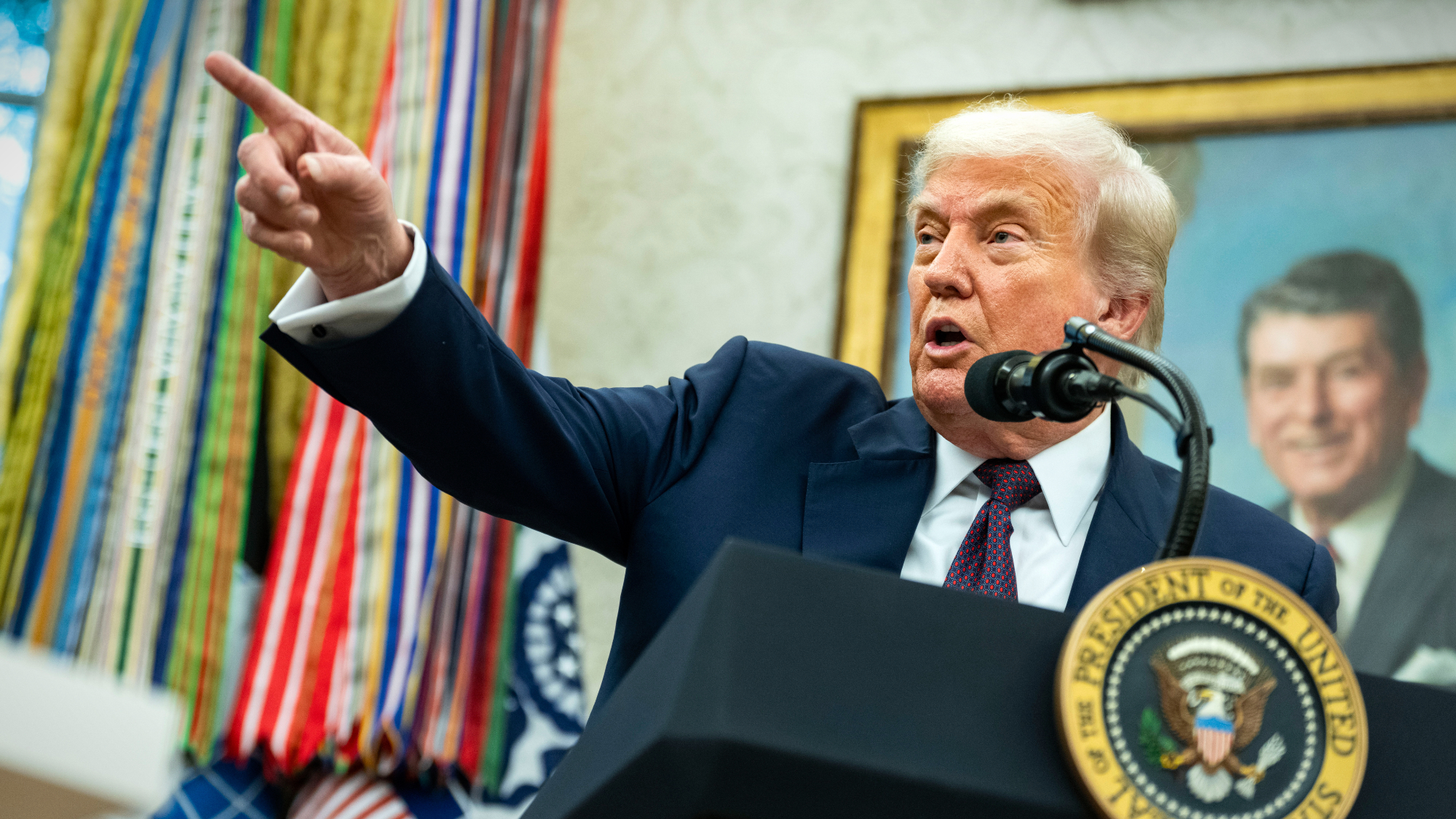 Trump's global tariffs take effect, with new additions
Trump's global tariffs take effect, with new additionsSpeed Read Tariffs on more than 90 US trading partners went into effect, escalating the global trade war
-
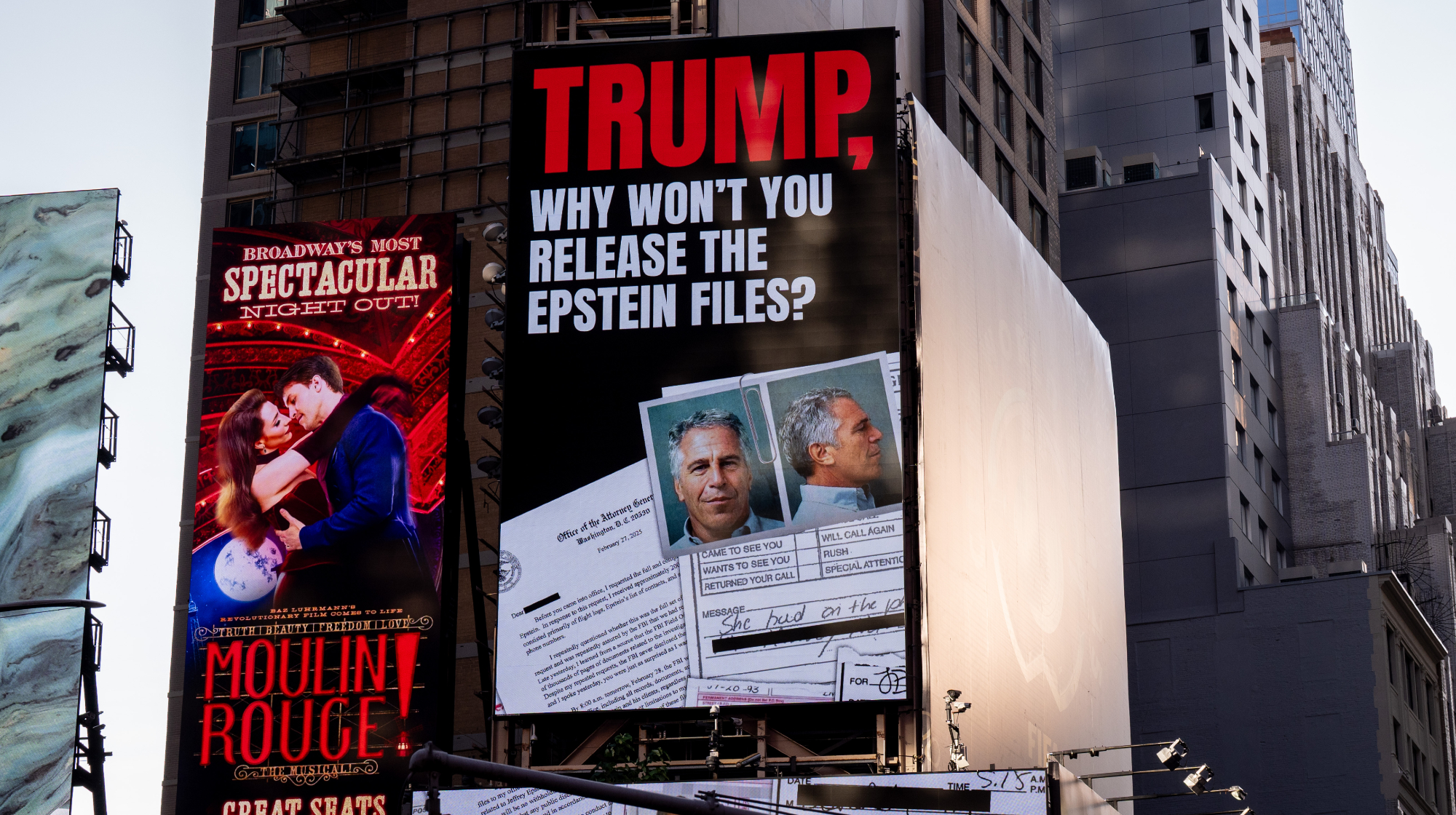 House committee subpoenas Epstein files
House committee subpoenas Epstein filesSpeed Read The House Oversight Committee has issued a subpoena to the Justice Department for its Jeffrey Epstein files with an Aug. 19 deadline
-
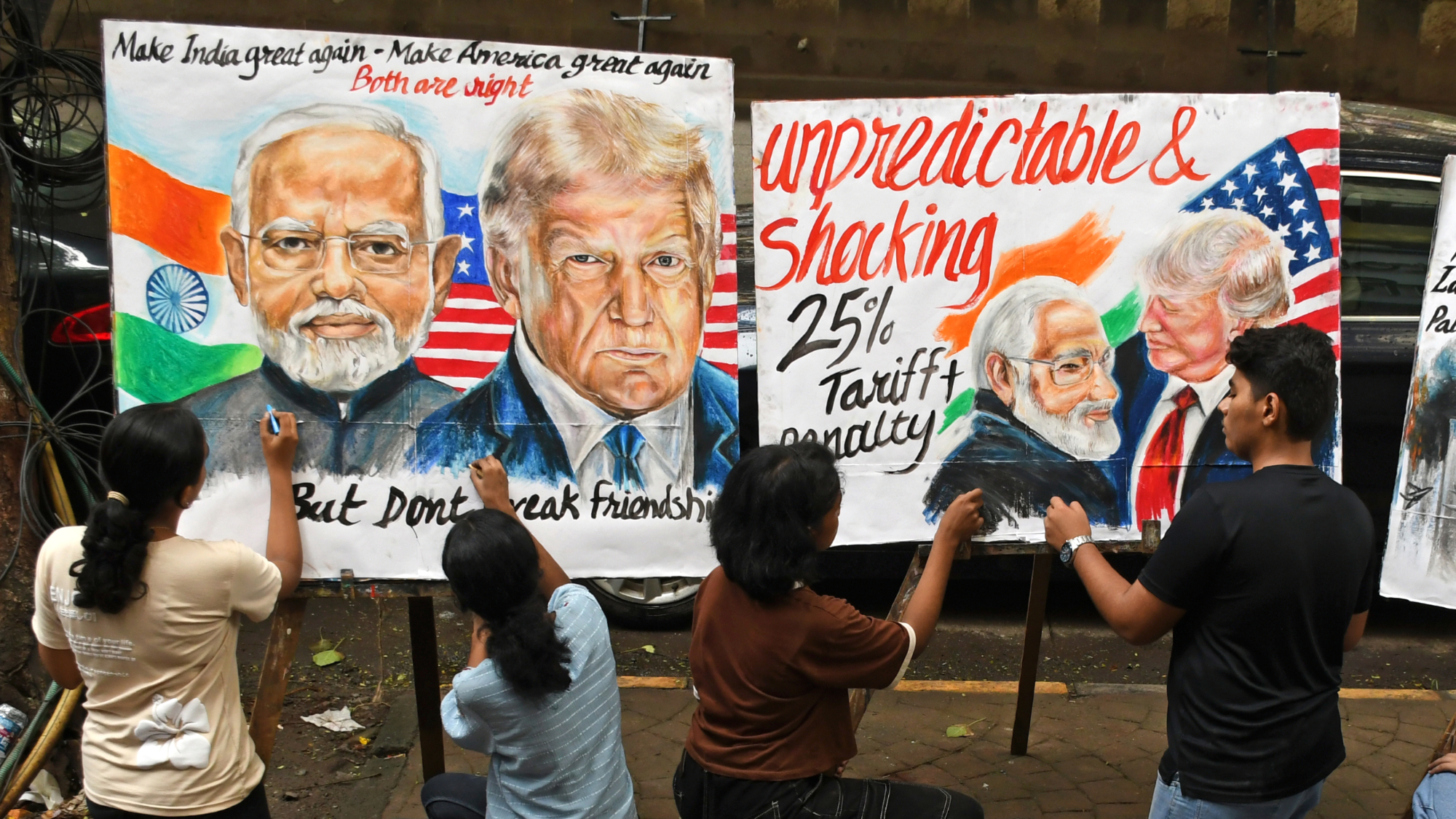 India rejects Trump threat over Russian oil
India rejects Trump threat over Russian oilSpeed Read The president said he would raise tariffs on India for buying and selling Russian oil
-
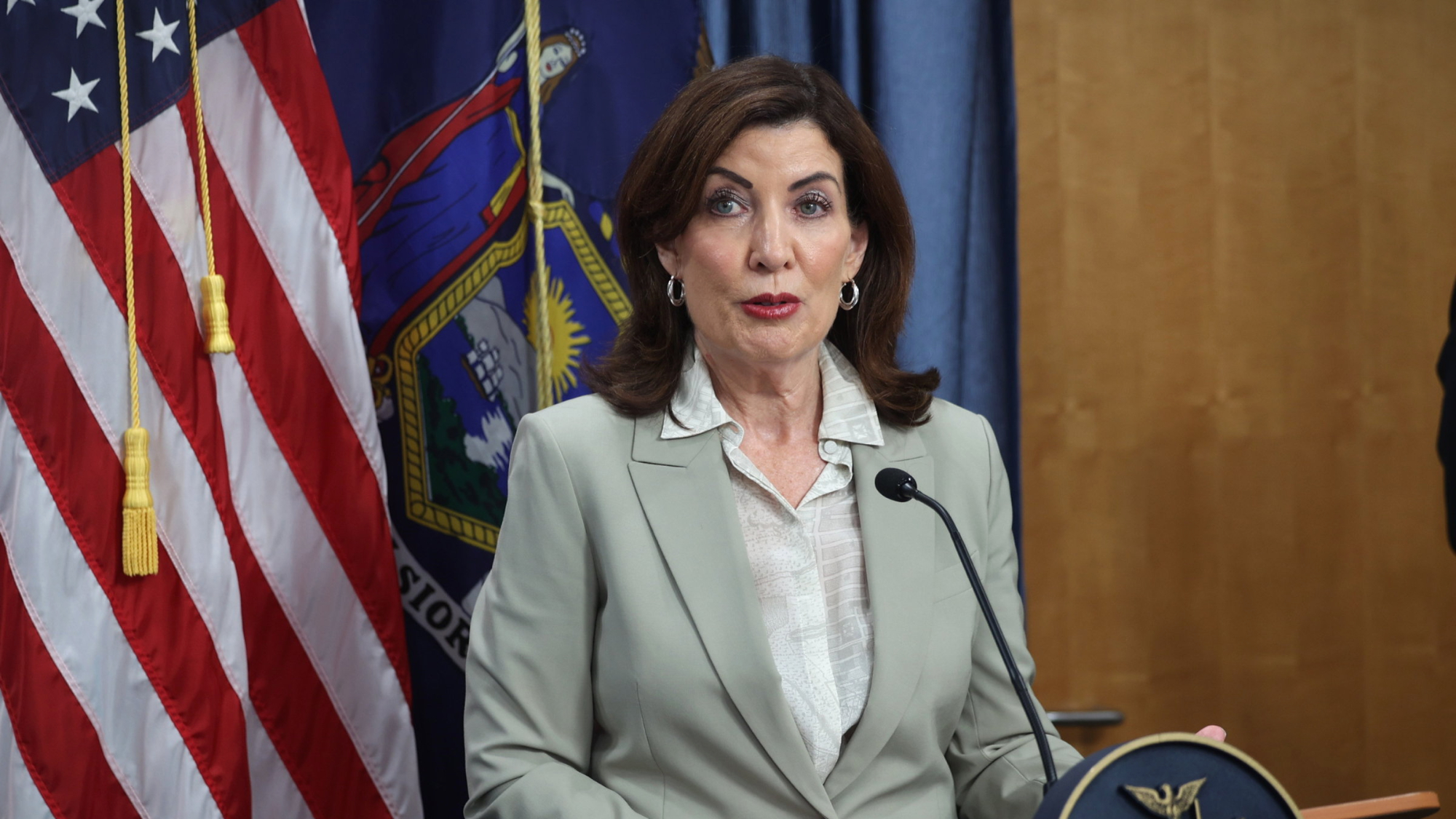 NY's Hochul vows response to Texas gerrymander
NY's Hochul vows response to Texas gerrymanderSpeed Read Gov. Kathy Hochul has promised to play ball with redistricting that favors the Democrats
-
 Texas Democrats exit state to block redistricting vote
Texas Democrats exit state to block redistricting voteSpeed Read More than 51 legislators fled the state in protest of the GOP's plan to redraw congressional districts
